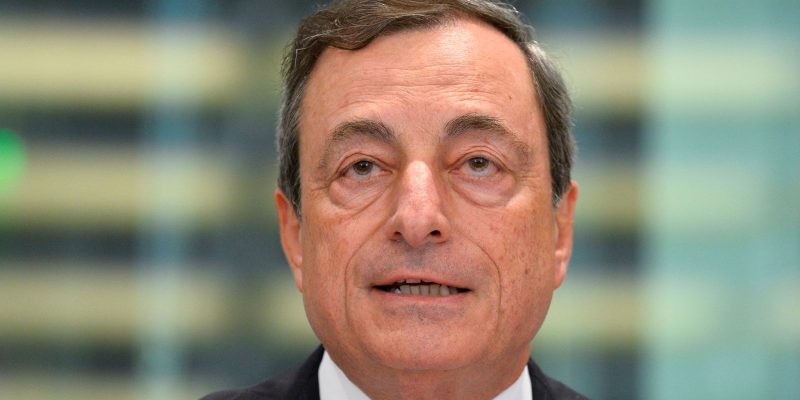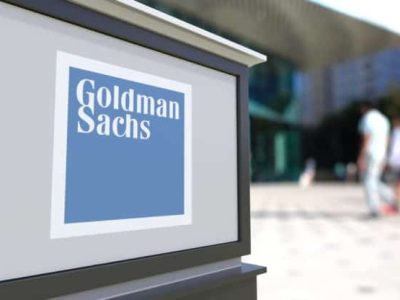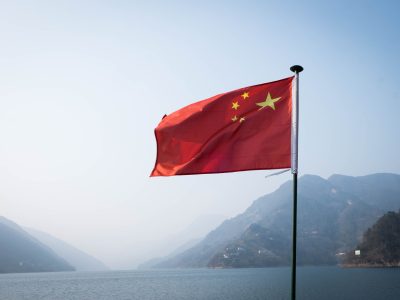
Mario Draghi, former ECB president and ex-Italian prime minister, has urged the EU to increase annual investments by €800 billion to keep pace with global economic leaders like the US and China.
In a highly anticipated report commissioned by European Commission President Ursula von der Leyen, Draghi called for a radical overhaul of the EU’s industrial strategy.
“The reasons for a unified response have never been so compelling — and in our unity, we will find the strength to reform,” Draghi wrote in his report.
He stressed that the EU’s economic policy must undergo significant reorientation to tackle the challenges of stagnation, geopolitical tensions, and rising far-right movements within the bloc.
Revising competition rules and capital market integration
One of Draghi’s key recommendations is the relaxation of competition rules to enable market consolidation in vital sectors, such as telecommunications.
He advocates for using the EU as the “relevant market” in merger assessments, rather than focusing solely on national markets.
This shift would allow European companies to compete on a global scale, particularly in sectors where size and innovation are critical.
Draghi also proposed the integration of capital markets by centralising market supervision across the EU.
This would create a more robust financial system capable of funding the large-scale investments necessary to drive innovation and growth.
“Without increased scale and efficiency, Europe will struggle to compete globally,” Draghi warned.
Defence sector reforms and energy independence
In addition to competition and market reforms, Draghi highlighted the need for greater coordination in defence procurement.
He urged the EU to adopt joint procurement strategies to enhance efficiency and reduce duplication of efforts in the fragmented European defence sector.
“In the absence of common European spending, the focus should be on coordinating national procurement and joint defence projects,” he said.
Energy independence was another critical area of concern. Draghi noted that the EU’s reliance on external sources for essential minerals and energy, particularly after losing access to cheap Russian gas, has left the bloc vulnerable.
He called for increased investments in renewable energy and decarbonisation, alongside efforts to reduce dependencies on foreign suppliers.
Raising investment to boost productivity and innovation
Draghi’s report underlined the stark reality that without a surge in investments, the EU would continue to lag in productivity and innovation compared to the US and China.
He argued that an additional €800 billion in annual investments—equivalent to 4.4-4.7% of the EU’s GDP—would be necessary to bring the bloc’s investment levels up to those not seen since the 1970s.
“The private sector is unlikely to be able to finance the lion’s share of this investment without public sector support,” Draghi emphasised, advocating for joint EU funding to support essential public goods like energy infrastructure and defence.
However, Draghi acknowledged the political challenges of such an ambitious investment plan. Countries like Germany and the Netherlands, known for their frugal economic policies, are likely to resist any push for increased EU financing.
Still, he insisted that failure to act would mean scaling back the EU’s ambitions, leading to declining living standards across the continent.
A call for coordinated policy and swift decision-making
Draghi’s report stressed that the effectiveness of the EU’s current policies is limited by a lack of coordination and sluggish decision-making processes.
He pointed out that differing levels of subsidies between member states are disrupting the single market, and fragmentation is preventing the scale required to compete globally.
“To compete on the global stage, the EU must refocus its efforts on the most pressing issues and ensure efficient policy coordination behind common goals,” Draghi said.
He called for existing governance procedures to be adapted to allow member states that are willing to move faster to do so, thereby driving the bloc’s progress.
Facing an existential challenge
As the EU prepares for a new five-year term marked by economic uncertainty and geopolitical tensions, Draghi’s report serves as a stark warning.
He urged the EU to act swiftly and decisively, stating, “Unless Europe manages to raise its productivity and growth levels, it risks seeing its living standards decline.”
Draghi’s recommendations, while ambitious, highlight the existential challenge facing the EU.
His call for a new industrial strategy and significant investments is a clarion call for the bloc to take bold steps to secure its future in an increasingly competitive and volatile global economy.
The post Draghi calls for €800 billion in annual EU investments to remain competitive appeared first on Invezz









